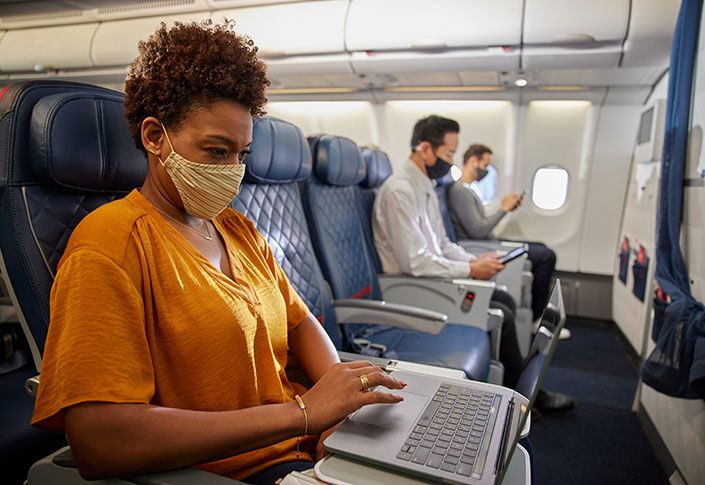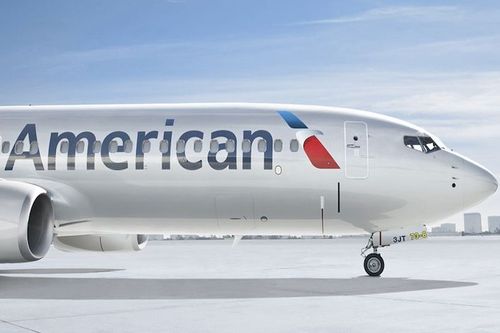Where travel agents earn, learn and save!
News / Georgia Tech study: Aircraft in flight have lowest particulate levels compared to other indoor spaces
Aircraft cabins in flight have the lowest levels of tiny aerosol particles

March 4 - Aircraft cabins in flight have the lowest levels of tiny aerosol particles compared with other indoor spaces such as stores, restaurants and offices, according to a new Georgia Tech study recently published online by Indoor Air journal.
Conducted in July 2020, the study measured the number and concentration of fine particles in the air across a variety of locations, including the air onboard 19 Delta commercial aircraft at altitude and in other indoor spaces. The data showed that the air in flight is many times cleaner than the air sampled in other indoor locations.
Keeping the air clean and safe during flight is one of the most foundational layers of protection Delta aims to provide to their customers and employees, and Delta has focused on ensuring clean air onboard by replacing the industrial-grade HEPA filters twice as often as recommended.
“We wanted to highlight how important it is to have a high ventilation rate and clean air supply to lower the concentration of particles in indoor spaces,” said Nga Lee (Sally) Ng, associate professor at the Georgia Institute of Technology. “The in-flight cabin had the lowest particle mass and particle number concentration.”
The study, supported by Delta, is believed to be the first to measure both particle mass and number in commercial flights and a broad range of indoor spaces.
Using handheld instruments able to measure the total number of particles and their mass, Georgia Tech researchers examined air quality in a series of Atlanta area restaurants, stores, offices, homes and vehicles — including buses, trains and private automobiles. They then trained Delta people to conduct the same type of measurements in a variety of aircraft throughout all phases of flight.
“Keeping the air clean and safe during flight is one of the most foundational layers of protection Delta aims to provide to our customers and employees,” said Delta’s Jonathan Litzenberger, Managing Director – Global Cleanliness Strategy. “We are always working to better understand the travel environment and confirm that the measures we are implementing are working.”
Overall, the study highlights the importance of improving indoor air quality as a means of reducing coronavirus transmission.
“Regardless of whether you are in an office or an aircraft, having a higher ventilation rate and good particle filtration are the keys to reducing the total particle concentration,” said Ng. “That should also reduce the concentration of any viral particles that may be present.”
Through the Delta CareStandard, Delta has also put in place more than 100 layers of protection to ensure a safe travel experience, including a comprehensive employee testing program and regularly sanitizing high-touch surfaces.
More Travel News:
Israel’s new tracking bracelet offers alternative to hotel quarantines
Qantas launches new Mystery Flights Weekend Adventures
From Bad to Worse: January passenger demand falls further
WTTC calls on the UK government to prioritize the return of international business travel











